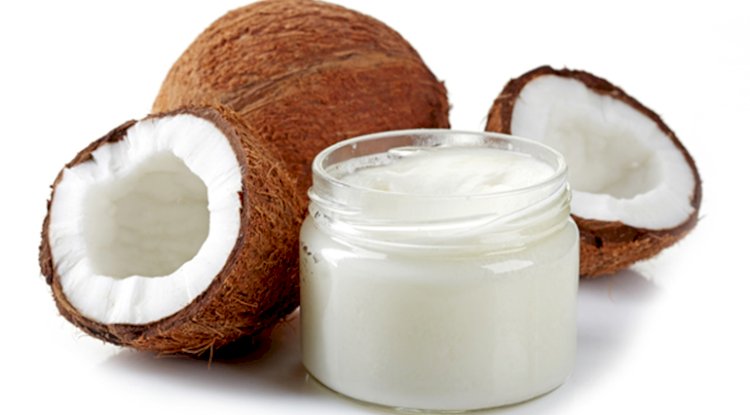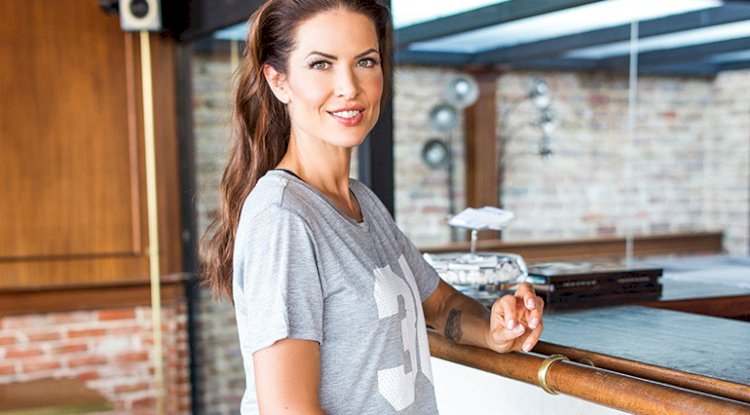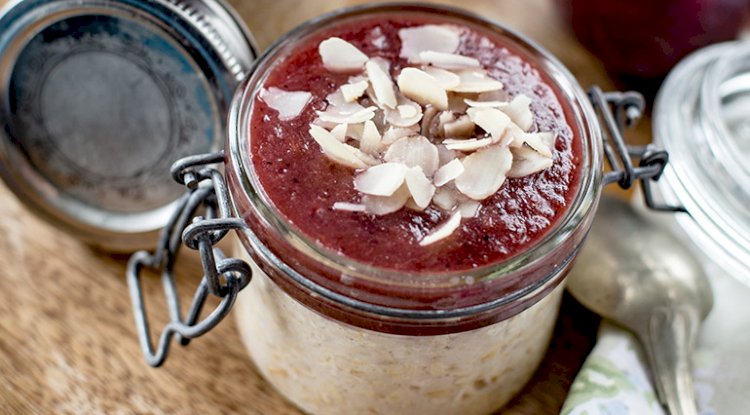Full fat or diet yoghurt?
In this article I am explaining the pros and cons in the full fat/diet discussion so that you can finally decide for yourself.

Skimmed milk or full fat milk? Greek yoghurt or 0% fat yoghurt? Didn’t you ask yourself this question numerous times when standing in front of the dairy shelf? Well I did. And I buy both, the regular and the diet yoghurt. The reason is that I feel more satisfied when I eat the full-fat one. So I choose to eat that one when I want to have dessert. But when I come back from training and just want to fuel my body with an extra portion of protein, I use the low-fat one. Sometimes I add a scoop of protein powder or some fruit and it becomes my dessert after dinner.
So this is me and my body telling me which yoghurt it prefers in which situation. And by the way, I only eat plain yoghurt, I never buy the flavoured ones for myself. On rare occasions the kids ask for strawberry yoghurt because there are no fresh ones available. The good thing here in Turkey is that most people are eating plain yoghurt like me because they eat it with spinach, beans or rice. In Switzerland we eat yoghurt more like dessert and there are lots of exotic combinations or even limited editions and they are crammed with sugar.
But let’s have a look at the nutrition label for comparison. I usually buy yoghurts from Sütas but be assured that the results would be similar for most other brands. The protein, carbs and calcium values are literally identical in 100 grams of light and full-fat yoghurt: It’s 4 grams of protein, 6.5 grams of carbohydrates and 175 mg of calcium. The only two things that differ are the fat and total calorie values. The diet yoghurt contains 1.4 grams of fat and 55 calories per 100 grams whereas the full-fat yoghurt has 3.9 grams of fat and counts a total of 77 calories. The advantage of light yoghurt is that it provides you with the same amount of calcium, potassium and protein with fewer calories and less fat. Dieticians who recommend full-fat yoghurt argue that reduced-fat dairy is stripped out of the fat that may have helped you stay full for longer. They also claim that fatty acids are suspected to stimulate the burning of fat in the liver. Fair enough, let’s assume this is true. But in the end it’s the total of calories which is important for weight loss, right? I don’t believe that the fatty acids will burn more than 22 calories that I saved by eating 100 grams of diet and not full-fat yoghurt.
I have to admit that if you buy flavoured yoghurts (please don’t!) the low-fat ones are not a good choice because the trade off for less fat is often more sugar. In order to keep the full taste, lots of producers compensate the lower fat level with more sugar. More sugar will mean that your blood sugar spikes and this will eventually have negative effects on your body weight.
Bottom line, do as I do: buy plain yoghurt low-fat and full-fat. Studies show that people who eat a mediterranean diet with lots of fish and salad who have a cup of full-fat yoghurt every day tend to lose more weight than the ones who have yoghurt only once or twice a week.
Ahh and about the milk: I buy only full-fat milk because I love latte in the morning and it just doesn’t taste as delicious when skinny. Sometimes I prepare chia pudding and it feels that the milk is too heavy since I use a lot. In this case I simply add a little water and the problem is solved.























